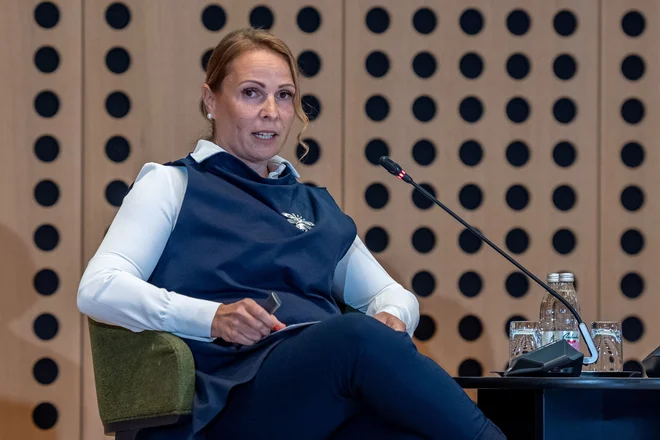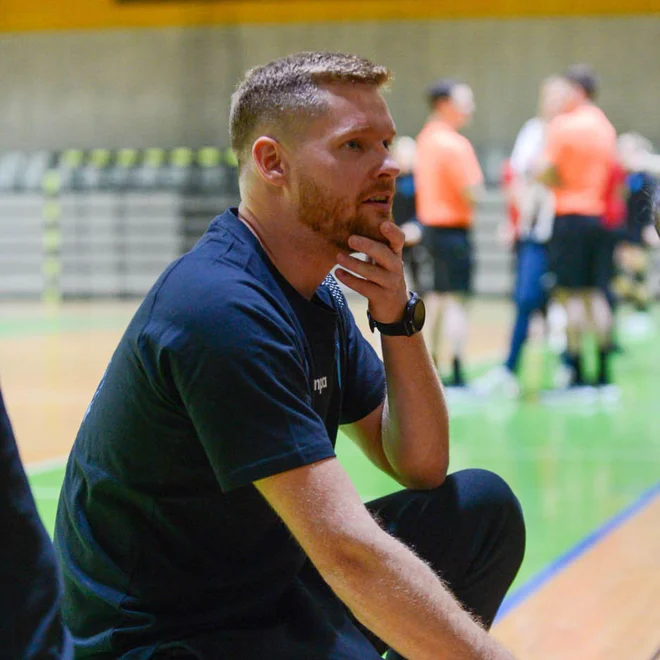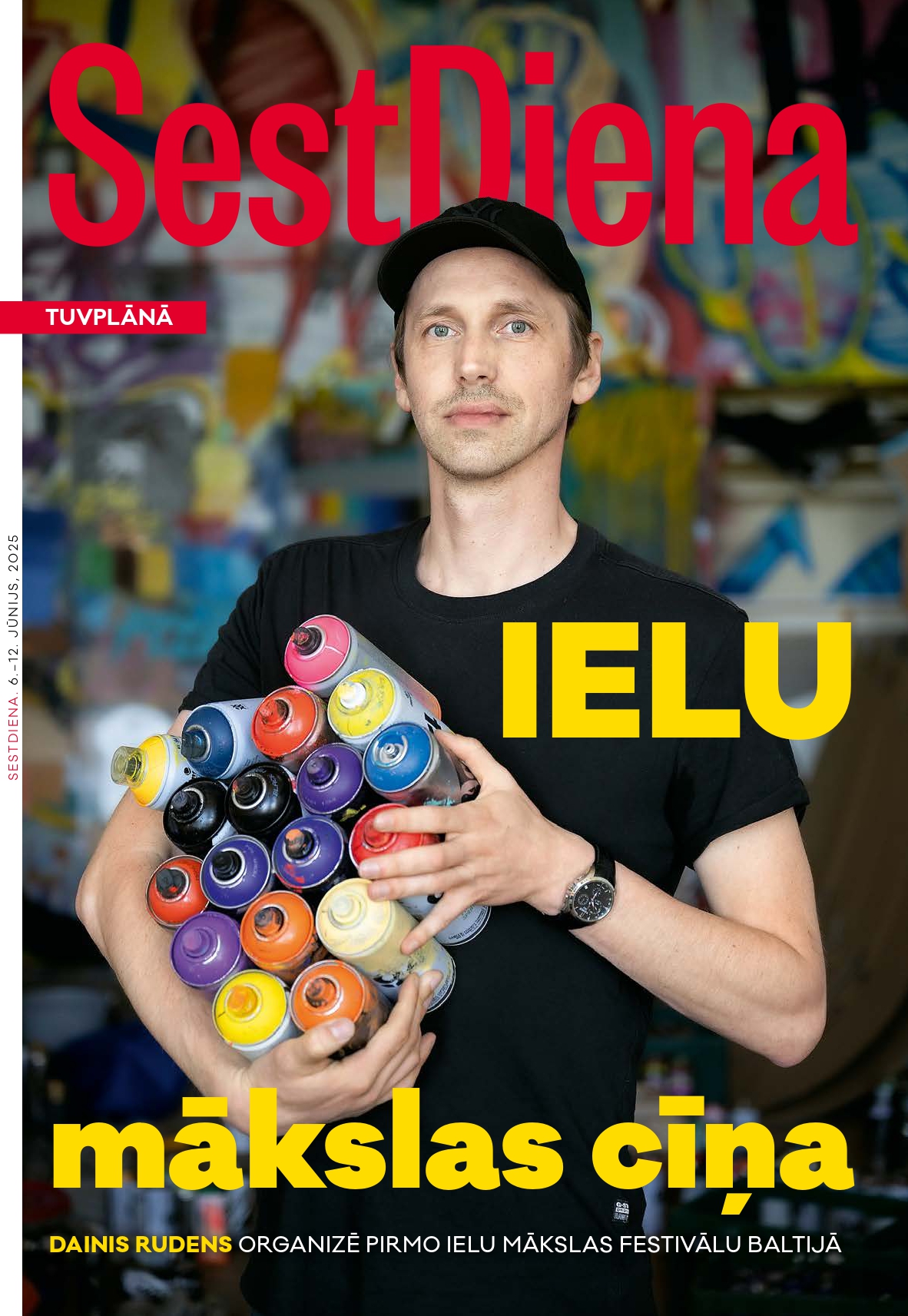Are we able to cry at the things we see every day?

Physics Doctor who is for his first novel The solitude received an Italian prize stger And became one of the most translated and sold Italian authors. We sat on the Revolution Square in Platano, because, according to constant indoor obligations, he wanted to see a little sun and look into the clouds. Clouds also begins his last novel Tasmania.
It is to Slovenia Paolo Giordano came as a guest 57. International Meeting of Writers organized by the Slovenian Center PEN and the Committee of Writers and Writers of Peace, which is held in Bled this year under the title Climate crisis and warand at the invitation of the Mladinska knjiga publishing house, which published five of his books: debut The solitude (2010), The human body (2013), Black and silver (2015), Let’s tear the sky (2020) and During the epidemic (2020).
In the latest novel Tasmaniawhich is in translation Anita Jadric published by the youth book, exploring interpersonal relationships in a time, full of uncertainty due to climate change and world conflicts.
In the novel, the part when the peaks decide where to throw the first atomic bomb act as a blow to the stomach. The first goal was determined by Kyoto, but they spared him because then Minister Henry Stimson was there on his honeymoon.
And the worst part is because it was true. The Kyoto imperial city was planned for the first goal. Nagasaki chose because there were too many clouds above the second place.
Due to the original idea of writing a book about an atomic bomb, I was constantly reading, exploring these things, but my perspective was the perspective of a Western scientist, to say that.
I knew everything about the construction of an atomic bomb, but before I wrote this novel, I never thought of the perspective of the Japanese.
And when I wrote this book, I realized that only their perspective was considered. These people were there, they had no chance to understand what was really going on and why it happened. They knew nothing about the atomic bomb or its power and consequences.
The book contains shocking parts when those who survived the nuclear explosion speak of the destruction they witnessed, human bodies, skeletons without meat, from which the skin remains hung like split straps … And here we can see the power of the story.
I have a problem with this term, storytelling. Because this can also be the strongest weapon. All conflicts around us, the rise of populism, the extreme right, autocracy, all of which are driven by stories. Even on social networks, the story is used as a weapon. But the thing is: Are we able to cry at the things we see and hear about them every day? Can we connect with the fates of other, unknown people?







